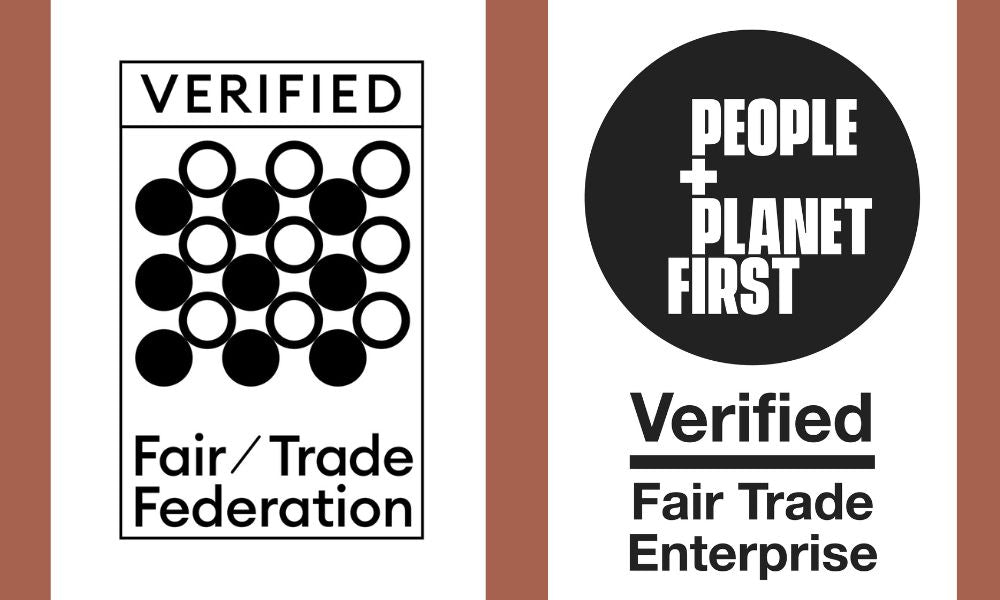Fredane traces her fingers along the banister of the porch. Her home is tucked back from the primary road in Simonette that leads down to the shore of the ocean. Outside, on the main stretch, a few men gather around a rickety old table playing dominos. They cackle as one slaps down a single piece on the wooden surface as another takes a swig of his cold Prestige. Nearby, a woman sits on an upturned 5-gallon bucket, her face rests in the palm of her right hand, fatigue taunting her tired eyes. Beside her is a cart where she sells a mix of fried foods—plantains, breadfruit, chicken legs, and pork. Only remnants remain this late in the afternoon. A few children run across the gravel, barefoot, kicking a soccer ball. I’m constantly amazed that the sharpness of the rocks beneath their small feet never seem to phase them one bit.
But here, at Fredane’s, it’s much quieter, nestled amongst the foliage—lush palm trees and natural beauty that’s often overlooked in the concrete cities. The birds sing a soft melody and I find that this environment is rather fitting to Fredane’s demeanor. Though we’ve only just formally met, her sweet, inviting spirit does not go unnoticed. I am certain she has faced more adversity than I can even begin to comprehend, but her face is kind, the tone of her voice is hopeful, and she graciously offers to share a bit of her story with in this place she calls home.
The familiarity of this community is what she’s known her whole life. Simonette, a small beach town just north of the capital, Port-au-Prince, is where she grew up with her family. She tells me her parents were married, an anomaly in a culture where marriage is not as common as it is in Western societies.
They did everything together, she reassures me. She lifts her right hand and crosses her index and middle finger together, a universal sign of closeness. But both of her parents died within the past decade, her dad in 2012 and her mom in 2017. And she misses them both.
Fredane continues to elaborate on their camaraderie. It set the bar for what she expected in her own romantic relationship. Though she never married, she had four children with her partner. They shared eighteen years together until he left her in 2010 for another woman.
He really hurt me, she tells me. And I don’t doubt this.
I try to imagine what it must have been like, to have watched her parents’ example and to have shared such an intimate relationship for so many years only to be betrayed. I begin to realize that Fredane values honest connection and that we, as people, are not so different after all.
Since then, she has preferred to be alone, perhaps to protect her heart from being broken and to give her kids the attention they need.
Fredane gets up from where she is sitting on the porch and leads me to a house around this corner. A group of children gather on the front steps, laughing and shouting, as most kids do. They’ve just returned home from school and have already swapped their carefully pressed uniforms for their casual clothes. Some of the young boys don bare chests and gym shorts to try to find some sort of respite from the heat.
More kids run over at the sight of a camera, giving me wide, bright grins. Some stick their tongues out. Others, lift their fingers into a sideways peace sign.
A tall man appears from behind us. He is dressed in a t-shirt and jeans. He hugs Fredane from the side and nestled his face into hers. They both giggle.
This is my brother, she explains and I begin to see the resemblance between the two. I offer my hand to shake his and lean in for a customary kiss on the cheek. I then snap a quick photo of the duo before her brother retreats inside.
Though Fredane now lives alone, she remains close to her family to maintain that connection. And despite what she has lost, she maintains a sense of gratitude. I don’t need to ask her to recognize this.
I watch Fredane, Ballard, and Yolande together. Certainly, these three women are bonded by their shared village. But I can see that they are more than just neighbors. Working together for ViBella has solidified a much deeper level of friendship between them. They share both their victories and their burdens with one another, the way a community should. And every day, they travel to and from work in Carriers, unbothered by the commute because they get to do it together.
As I hug them goodbye, I feel as though I am departing from friends because they’ve reminded me in the time we’ve spent together that the simplest joys in life are often the greatest.
*Blog Written by and Photographed by Lauren Neal.


